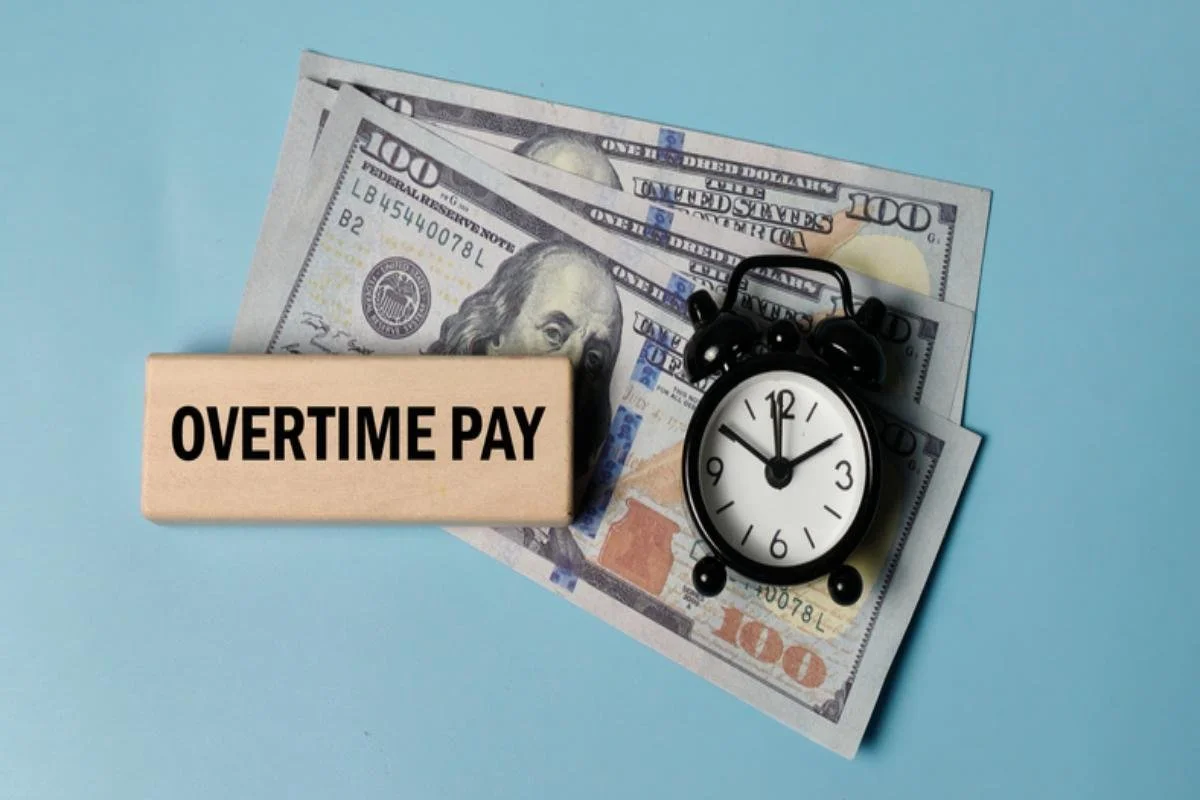"Top Chef" Finalist Settles Wage and Overtime Lawsuit
/Top chef is a television series aired on the Bravo channel. On the popular TV show, unknown chefs looking to make it big in the restaurant world are able to compete for the title of "Top Chef". In addition to the general prestige that comes with winning the title, the purpose of the competition is to win the ultimate chef's “Top Chef” prize package, which includes $125,000 and a food showcase at the Food and Wine Classic in Aspen, Colorado. Bryan Voltaggio was a contestant on the sixth season of Top Chef. Near the end of the season, Voltaggio was one of the top finalists who went on to create and own four very popular restaurants: VOLT, Lunchbox, RANGE, and Family Meal.
In recent news, several previous employees of "Top Chef" star Bryan Voltaggio have been attempting to negotiate a settlement of their federal lawsuit filed against him. (The settlement's terms were confidential and disclosed in a U.S. District Court document). Legal representation for the parties in the case was not able to discuss the terms of the agreement.
The group of former employees sued Voltaggio in September of 2014. He was accused of violations of the minimum wage and overtime provisions stated in the Fair Labor Standards Act. According to Court recorded documents it was a mandatory obligation that the employees appear at work at least three hours before the appointed shift time. They were also required to stay from two to six hours after they had clocked out for the day. Plaintiffs were also required to work "off the clock" which means they had to work as they would during a shift, but could not clock in and receive payment until the scheduled shift had started.
What is Off the Clock Work?
When discussing employment law and payment for wages earned, Off the Clock Work refers to the legal right of every non-exempt employee to be compensated for their hours worked. Hours worked refers to all time an employee is required to be on duty, on the premises of their workplace, or other location employee is required to be in order to fulfill work duties. When an employee is required to work without “clocking in” or counting their hours for payment, this is often referred to as off the clock work.
When Voltaggio was informed of these charges he responded to the accusations with an email stating that his attorney was reviewing the claims. He also stated that he was sure that the plaintiffs were incorrect; that he did nothing wrong.
If you have additional questions about off the clock work, or what qualifies as a failure to pay overtime, please get in touch with the southern California employment law attorneys at Blumenthal, Nordrehaug & Bhowmik.





